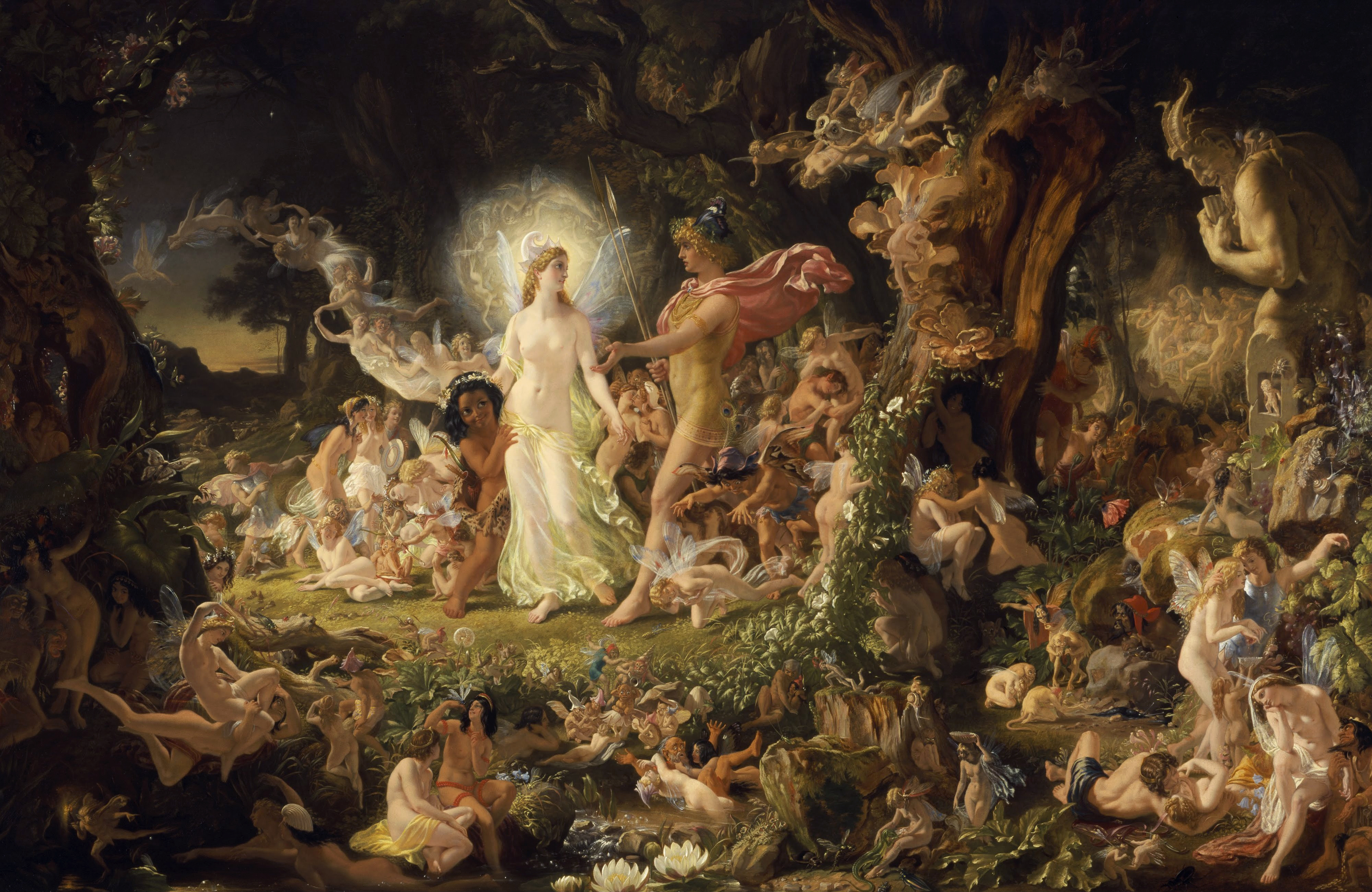Word Origin
late 13c., "beginning," from Old French comencement "beginning, start"(Modern French commencement), from comencier (see commence ). Meaning "school graduation ceremony" attested by 1850, American English.(Sense "entrance upon the privileges of a master or doctor in a university"is from late 14c.)
李開復2017年哥大畢業典禮演講:
愛,讓人類有別於人工智能
Closet Drama
A closet drama is a play that is not intended to be performed onstage, but read by a solitary reader or, sometimes, out loud in a small group. The dichotomy between private 'closet' drama (designed for reading) and public 'stage' drama (designed for performance in a commercial theater setting) dates from the late eighteenth century. The practice of circulating plays in written form (printed or handwritten) for literary audiences predates this period, however.
>> Definition:
Closet dramas are plays that have been written to be read, but not performed. Their value is in the play itself, not in the performance of the play. This art form was popularized in the Romantic era by such writers as Robert Browning and Goethe. Plays are written, generally, to be performed, and the playwright depends on the actors and actresses to bring his script to a higher level. With closet dramas, the playwright intends just the opposite. There will be no performance, and the play itself carries its own strength and value. In a nutshell, a closet drama is meant to be read, but not performed.
A Midsummer Night's Dream
A Midsummer Night's Dream is a comedy written by William Shakespeare in 1595/96. It portrays the events surrounding the marriage of Theseus, the Duke of Athens, to Hippolyta, the former queen of the Amazons. These include the adventures of four young Athenian lovers and a group of six amateur actors (the mechanicals) who are controlled and manipulated by the fairies who inhabit the forest in which most of the play is set. The play is one of Shakespeare's most popular works for the stage and is widely performed across the world.

No comments:
Post a Comment